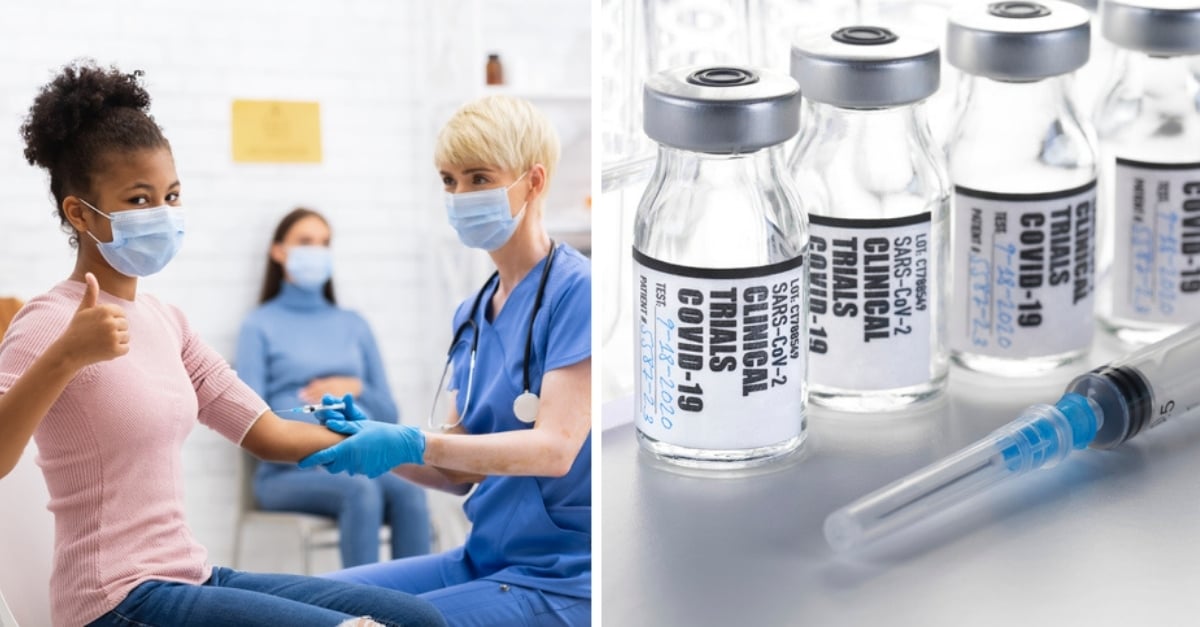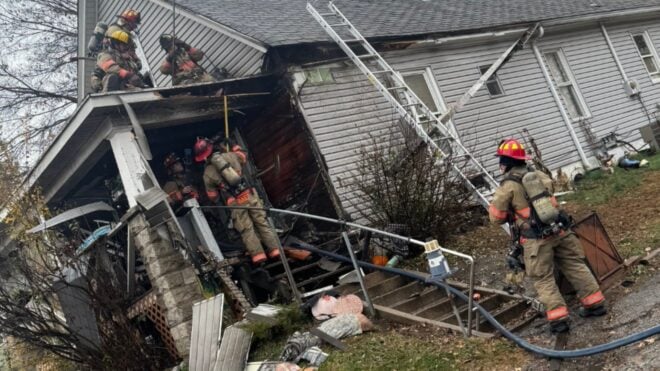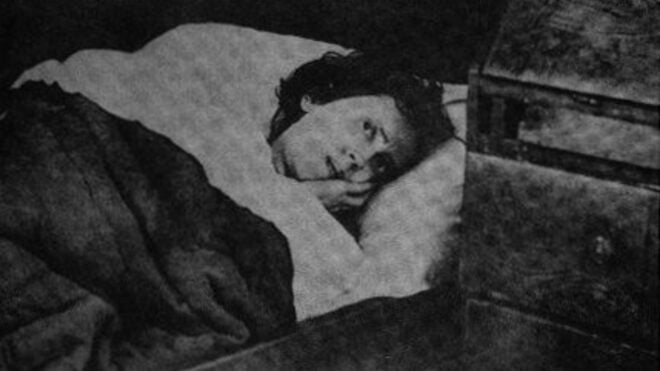
As the search for a COVID-19 vaccine continues, many are wondering how long it will take before the world is safely vaccinated against the illness.
In the United States, it's children that many are concerned for. Many of the vaccine trials weren't taking younger participants, at first. It worried parents, who want to be sure the vaccine is safe for their children.
Pfizer changed that in early October. It became the first pharmaceutical company in the United States to receive approval from the Food and Drug Administration to test its vaccine on children as young as 12.
Teens and tweens have stepped up to participate. They feel a duty to help mankind, something that's been surprisingly hard to come by in this time of crisis. It's just one of the many ways that kids today are proving they understand they're the future. More than any generation before them, they seem prepared to take on that responsibility.
In early October, Pfizer became the first pharmaceutical company in the United States to receive approval from the Food and Drug Administration to test its vaccine on children. Though vaccine trials will only test children over the age of 12, this was an important step for those keeping an eye on vaccine development. Many have shared concerns that a lack of vaccine testing on children would make it difficult to determine the safety of the vaccine for the younger set once it is released.
Pfizer's vaccine is a two-step vaccine. Participants are given the shots three weeks apart. Then researchers will monitor recipients' health for two years. The participants aren't aware of whether the injections they receive are the vaccine or the placebo.
The numbers of adults willing to get a vaccine have dropped as misinformation continues to spread. Many believe that there will be something wrong with the vaccine because of how quickly it is being put together. Researchers are assuring that shortcuts aren't being taken at the cost of our safety.
"There is a perception that corners are being cut. That is the perception; it's not the truth," Dr. Robert Frenck, director of Gamble Vaccine Research Center at Cincinnati Children's told NBC News. Dr. Frenck is the lead site researcher for vaccine trials there.
"It's not that anyone is doing anything less, it's just more compressed."
Young volunteers for the vaccine trial are much more hopeful than their older counterparts.
"I was mostly a bit nervous about the blood draws, because I had one about five years ago, and it wasn't so comfortable," said 12-year-old Abhinav of this thoughts about participating.
"I think that it could really benefit the world, and I think it could also help scientists know more about the coronavirus."
His father, Sharat, a bone marrow transplant physician, also is participating in the trial. When Abhinav showed interest in signing up, he encouraged him.
"I'm happy that he's doing his bit for science," he said.
"With the Pfizer study, no major side effects have been reported so far, so that made me comfortable with enrolling Abhinav as well."
He believes every child participating is making a difference.
"While most kids are going to do fine if they're exposed to COVID, a small portion might get very sick, and upfront, we don't know who is going to get very sick," he said.
"By being part of this study, we help others. It's a small contribution to the field."
Another participant, 16-year-old Katelyn Evans, also stepped up to join after doing her research.
"They were talking about symptoms, and they were just fatigue, low-grade fever, headache. I was thinking, 'I hope I don't have anything like that because I don't want it to mess with school or work,'" she said.
"But I wasn't thinking about my permanent health for a short-term inconvenience."
Not everyone agrees with testing on children, however. Bianca De La Cruz, a paraprofessional for the New York City Department of Education, says she wouldn't want one of her students or her own 13-year-old daughter participating in such a trial.
"It's absurd," she said.
"We really don't even know much about COVID to begin with, and then to be testing a vaccine that they developed within six months? It's crazy."
Those who are opposed, like Bianca, argue that children do not get as sick as adults from COVID generally. They also point to unclear data about rates of virus transmission in children under 10.
Pfizer maintains it has done its due diligence. In September, it expanded its study from 30,000 adults to about 44,000 people, which included teenagers as young as 16 and individuals with chronic conditions, such as HIV and hepatitis B and C. It was only after receiving FDA approval to test younger children and reviewing the data on the 16- and 17-year-olds that it added children ages 12 through 15.
The American Academy of Pediatrics also believes in the importance of testing kids. In late September, the group wrote a letter to US Secretary of Health and Human Services Alex Azar and FDA Commissioner Dr. Stephen Hahn urging them to allow children to be tested. The AAP noted over half a million cases have been in children.
"While the likelihood of spreading the disease may vary among different aged children, we know that children can and do spread the virus to household members, grandparents, teachers, and other children," the letter reads, in part.
"Children must be included in vaccine trials to best understand any potential unique immune responses and/or unique safety concerns."
As many medical professionals have noted, it is possible for children to have different reactions to a vaccine than adults might.
"We really feel that while, at this point, it doesn't appear that Covid-19 is really targeting the pediatric age group, children are not immune to this disease," Dr. Yvonne Maldonado, professor of pediatrics, epidemiology, and population health at Stanford Medicine, explained.
She noted that children make up only 10% of cases in the United States currently. Still, more than 100 children have died.
"Our belief would be you would get the same kind of response in children," Dr. Frenck noted.
"But you won't know until you test for sure and if you need to change the dose, the number of doses — we need to know that so we're making sure we're giving the right vaccine at the right time."
So far, Cincinnatti Children's has had seven participants in the 12 to 15 age group and 10 participants in the 16 to 17 age group.




